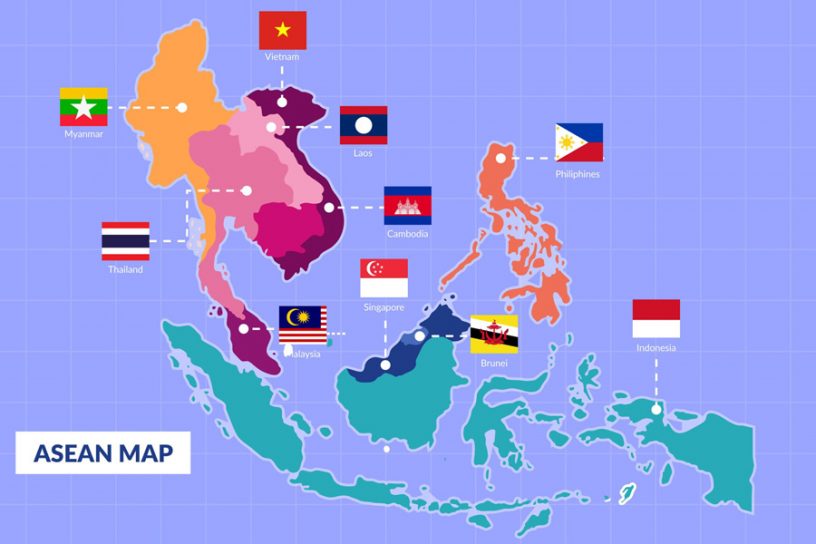
Surveys have indicated that the US remains one of the most trusted countries for the Filipinos, and the Chinese presence is still viewed with suspicion.
Authors
Harsh Mahaseth, Assistant Professor at Jindal Global Law School, and a Senior Research Analyst at the Nehginpao Kipgen Center for Southeast Asian Studies, Jindal School of International Affairs, O.P. Jindal Global University, Sonipat, Haryana, India.
Jetendra Vishwakarma, student at NALSAR University of Law, Hyderabad, Telangana, India.
Summary
The ties between the United States (US) and the Philippines, one of the founding member of Association of South East Asian Nations (Asean), has witnessed a drastic change in the outgoing Rodrigo Duterte regime. However, the US still remains one of the most significant strategic and trading partner for the archipelago country. However, many scholars of the region believe that given Manila’s growing ties with Beijing, the Philippines has high stakes in the discussion and issues that will be pivoted across the table.
On April 26, President Duterte announced that he would not be attending the US-Asean summit, supposed to be conducted in Washington between May 12-13. The reason given is the Philippines’ general elections which are to be conducted on May 9. As the Philippines’ constitution permits a president to serve a single 6-year term only, he would be succeeded by a new president who will take office on June 30. Ferdinand Marcos Jr is now the new president.
Initially supposed to be conducted in March, the summit was postponed due to the inability of some of the Asean leaders to attend the summit on due dates and slight hiccups in communication between Asean and the US. Conducted in the shadow of the Ukraine crisis, multiple themes are expected to be the part of the discussions ranging from Covid-19 response, maritime security, climate change, education, people-to-people ties, and issues of regional and international concerns.
Published in: Hindustan Times
To read the full article, please click here.


